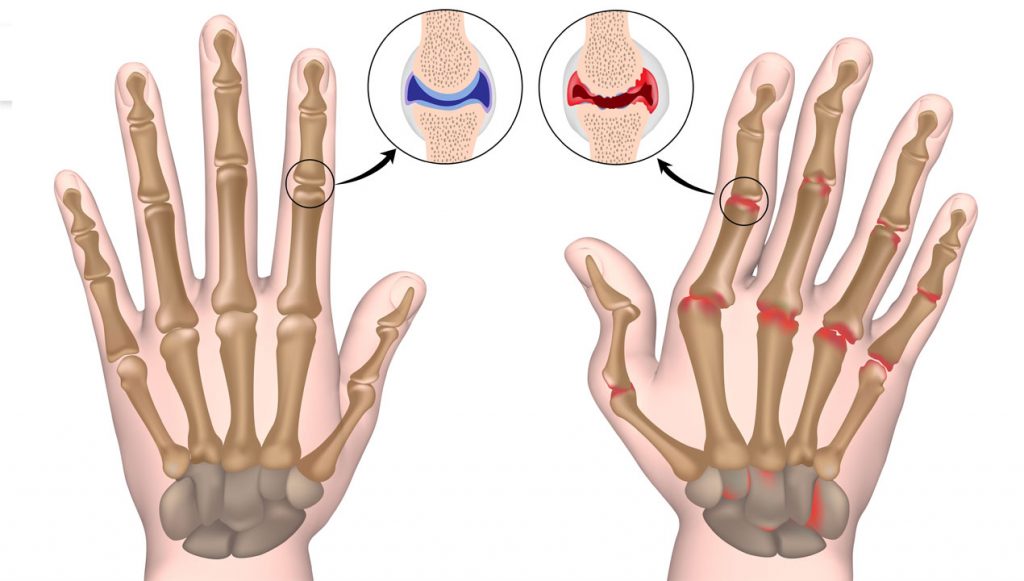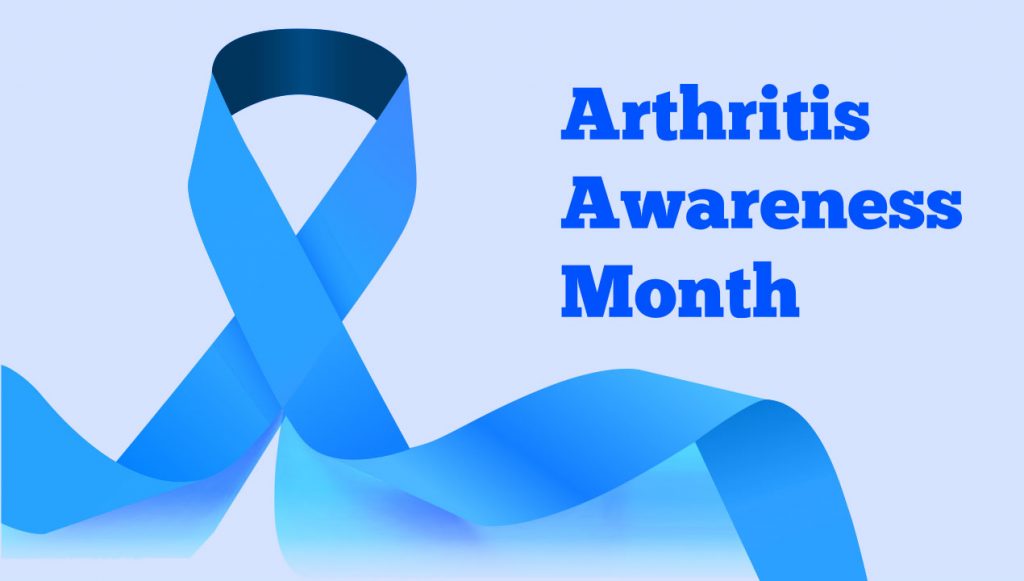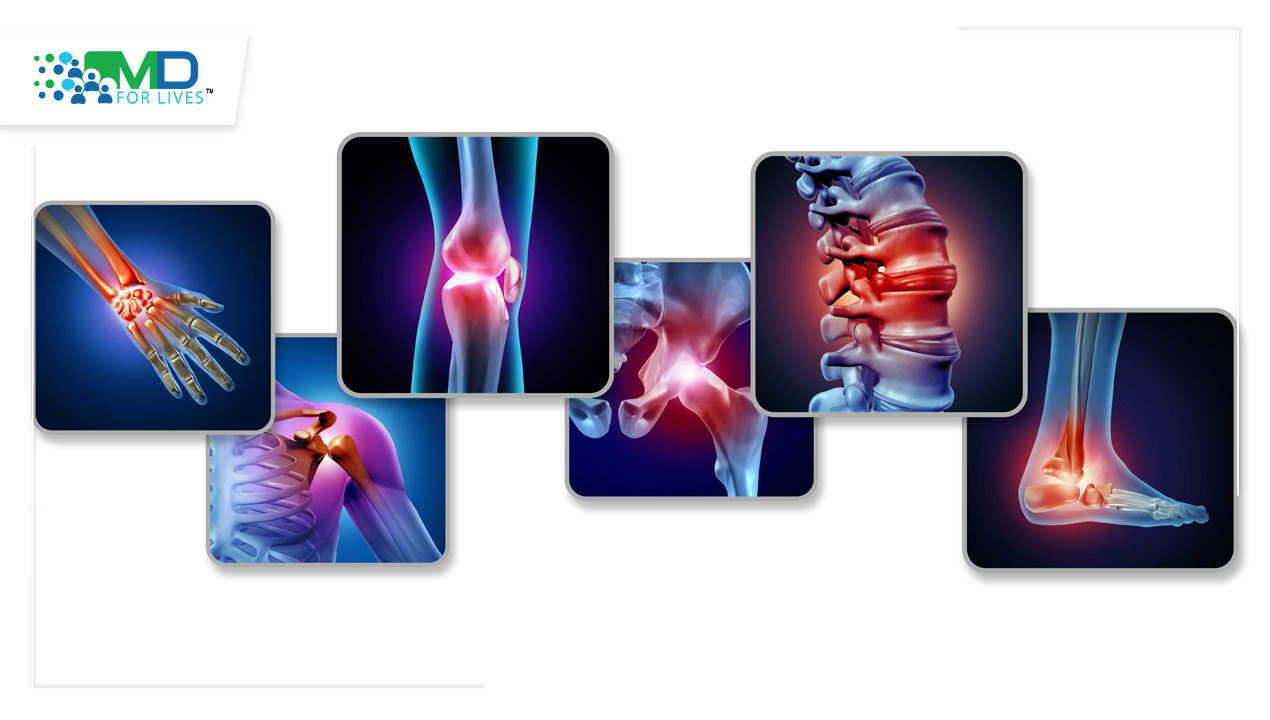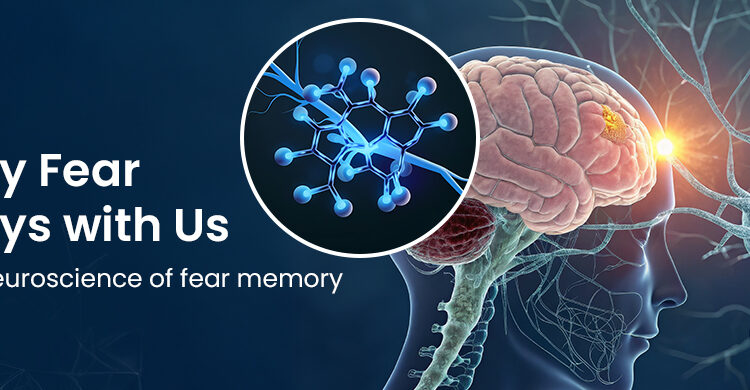- RA is a long-term illness. This suggests it’s a long-term problem that could get worse over time. Arthritis can be managed with adequate care and medication, even if it is not curable. Learning how to best manage your arthritis through a combination of therapy options and lifestyle changes is critical to managing with this chronic condition successfully.
- On any given day, arthritis symptoms can feel very different. You may have a lot of energy one minute and then be overcome with stiffness and irritation the next. It’s critical to take each day as it comes, and to remember that you’re doing your best to manage your illness.
- Everyone’s arthritis experience is different, but that doesn’t mean you’re alone. You can get help and moral support from helpful friends and family members, in addition to connecting with others who are going through the same thing with RA. If you have certain activities or jobs in mind that you’d like your loved ones to assist you with, speak out. Even if you don’t require physical assistance, sharing your thoughts and feelings about arthritis with those close to you can be quite beneficial.
- Care about your mental health According to several research, patients with arthritis are more prone to suffer from mental health issues such as sadness or anxiety. Contact a healthcare physician or another trusted source as soon as possible if you have any concerns about your mental health. They’ll be able to send you to a mental health specialist who can, if necessary, suggest treatment choices such as medication or therapy.4
- Beware of cardiovascular disease. Arthritic patients have a significantly higher risk of cardiovascular disease. Coronary artery disease, myocardial infarction, and stroke risk all rise by up to 82%, 68%, and 41%, respectively. The link between chronic, systemic inflammation caused by arthritis and the development of cardiovascular disease is poorly understood among people living with arthritis. It is necessary to first comprehend patients’ awareness of cardiovascular disease in order to empower them to become active participants in cardiovascular disease prevention initiatives. It’s also necessary to gain a better understanding of the systemic, clinician, and patient-level limitations that prevent adequate awareness of this comorbidity. Interventions to improve cardiovascular disease screening and management in arthritis will be truly successful only then.5

The patient’s awareness of arthritis, willingness to seek medical guidance, time from symptom onset to receiving suitable treatment, and the physician’s diagnostic capability all have an impact on the treatment and outcome of arthritis. Extra-articular signs such as keratitis, pulmonary granulomas (rheumatoid nodules), pericarditis/pleuritis, small artery vasculitis, and other non-specific extra-articular symptoms are possible with poorly treated or severe disease.
With a better understanding and awareness about arthritis, the baffling disease can be recognized early and can be prevented from progressing.
Read also
Arthritis Awareness Month is an important opportunity to reflect on the impact that arthritis has on people who live with it. The first step toward improving the early identification and treatment of RA is to raise public knowledge about the disease. Poor outcomes and delayed diagnosis are linked to a lack of broad public understanding of rheumatoid arthritis (RA).1
Rheumatoid arthritis (RA) is a chronic autoimmune disease marked by self-sustaining inflammation of the joints’ synovial tissues. Although the cause of the disease is unknown, a number of environmental and genetic risk factors, such as smoking, obesity, vitamin D insufficiency, and HLA type, have been linked to disease incidence and severity. As an autoimmune illness, RA is caused by the body’s immune system attacking its own healthy cells. Once the disease has been triggered, immune cells migrate into the joints, where they produce signals that cause more immune cells to be activated and recruited. This, in turn, affects synovial fibroblasts, which keep the synovium inflamed and are responsible for the progressive destruction of cartilage and bone tissues.2

Osteoarthritis, gout, rheumatoid arthritis, and more than 100 other health disorders that cause joint pain and stiffness are all covered under the umbrella term “arthritis.” To keep the condition from worsening, more people should be aware of it. Living with a chronic disease for the rest of one’s life can be difficult, but these dedicated awareness days can help you learn more and find support. Because so many people in the arthritis community are mobilized to spread the word, Arthritis Awareness Day is a fantastic opportunity to increase awareness about arthritis. Spreading awareness about joint health issues among friends and family is an excellent method to combat the condition.3
Effective Ways to Raise Arthritis Awareness
- Raising Funds
Raising cash for arthritis awareness organizations allows them to continue educating the public and looking for improved treatment options. You can aid arthritis groups by participating in an awareness walk (or donating to one), but you can also arrange your own run or walk, lemonade stand, quiz day, or karaoke event.3
- Use social media to share your experiences, advice, and resources
Advocating for persons with arthritis over the internet is a powerful tool. People can find a method to express themselves by speaking, writing, and helping in any manner they can to educate others about the disease process. On Facebook, the Rheumatoid Arthritis Support group has over 59,000 members who share knowledge and encouragement in the fight against the frequently painful disease. The Arthritis Foundation also provides a page where patients and caregivers may find out about news, events, and encouragement. And CreakyJoints, a Facebook community for persons with all types of arthritis and rheumatic disease, has almost 116,000 members. You may search for and post tweets with hashtags like #Arthritis, #ArthritisAwareness, and #KidsGetArthritis on Twitter.
- Ask support from local government
Tell your senator, congressperson, and local government to support healthcare reforms that would address high treatment costs, difficulty obtaining medications, a lack of specialists, and coinsurance that restricts access to care.
If you can get to a representative’s office in person or get to a downtown location in your nearby city, do so. Local district offices exist to serve their constituents, and they will frequently pay more attention to residents of their district.
- Participate in clinical trials
Participating in clinical trials can help researchers identify better therapies for arthritis. Healthcare practitioners are constantly looking for new ways to treat and cure arthritis in order to improve the quality of life for individuals who have been diagnosed with it.3

Arthritis Awareness – Reminders for Patients on a Daily Basis
Living with arthritis is no joke: it’s taxing, aggravating, and unpredictable. It is, however, absolutely feasible to live well with arthritis if you are your own greatest advocate. It’s critical to remember the following reminders.
- RA is a long-term illness. This suggests it’s a long-term problem that could get worse over time. Arthritis can be managed with adequate care and medication, even if it is not curable. Learning how to best manage your arthritis through a combination of therapy options and lifestyle changes is critical to managing with this chronic condition successfully.
- On any given day, arthritis symptoms can feel very different. You may have a lot of energy one minute and then be overcome with stiffness and irritation the next. It’s critical to take each day as it comes, and to remember that you’re doing your best to manage your illness.
- Everyone’s arthritis experience is different, but that doesn’t mean you’re alone. You can get help and moral support from helpful friends and family members, in addition to connecting with others who are going through the same thing with RA. If you have certain activities or jobs in mind that you’d like your loved ones to assist you with, speak out. Even if you don’t require physical assistance, sharing your thoughts and feelings about arthritis with those close to you can be quite beneficial.
- Care about your mental health According to several research, patients with arthritis are more prone to suffer from mental health issues such as sadness or anxiety. Contact a healthcare physician or another trusted source as soon as possible if you have any concerns about your mental health. They’ll be able to send you to a mental health specialist who can, if necessary, suggest treatment choices such as medication or therapy.4
- Beware of cardiovascular disease. Arthritic patients have a significantly higher risk of cardiovascular disease. Coronary artery disease, myocardial infarction, and stroke risk all rise by up to 82%, 68%, and 41%, respectively. The link between chronic, systemic inflammation caused by arthritis and the development of cardiovascular disease is poorly understood among people living with arthritis. It is necessary to first comprehend patients’ awareness of cardiovascular disease in order to empower them to become active participants in cardiovascular disease prevention initiatives. It’s also necessary to gain a better understanding of the systemic, clinician, and patient-level limitations that prevent adequate awareness of this comorbidity. Interventions to improve cardiovascular disease screening and management in arthritis will be truly successful only then.5

The patient’s awareness of arthritis, willingness to seek medical guidance, time from symptom onset to receiving suitable treatment, and the physician’s diagnostic capability all have an impact on the treatment and outcome of arthritis. Extra-articular signs such as keratitis, pulmonary granulomas (rheumatoid nodules), pericarditis/pleuritis, small artery vasculitis, and other non-specific extra-articular symptoms are possible with poorly treated or severe disease.
With a better understanding and awareness about arthritis, the baffling disease can be recognized early and can be prevented from progressing.
Read also

MDForLives is a global healthcare intelligence platform where real-world perspectives are transformed into validated insights. We bring together diverse healthcare experiences to discover, share, and shape the future of healthcare through data-backed understanding.






